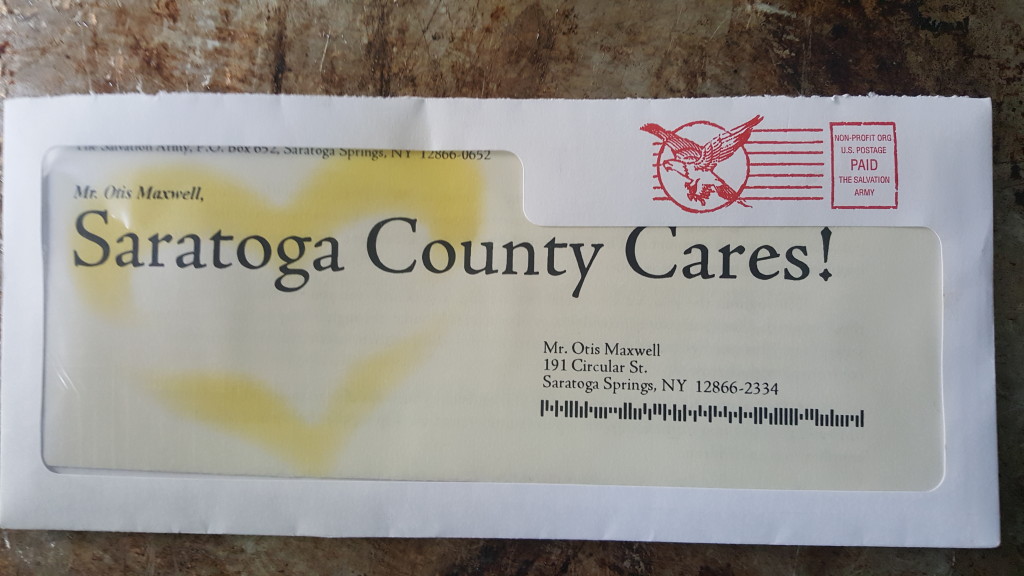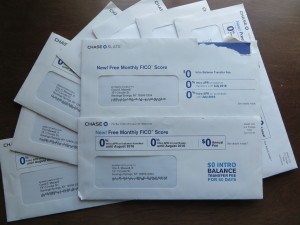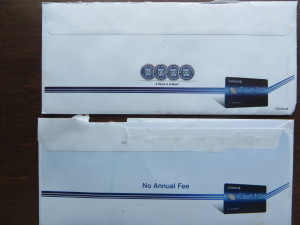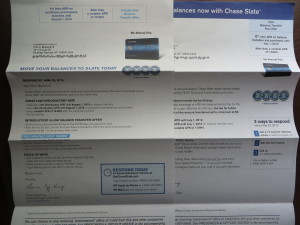 Over the years, I have known a number of clients who didn’t do market testing or didn’t think it was worth the effort. Often these are overworked employees of medium-to-small companies who have a lot of balls in the air; how can you justify spending hours to analyze a past campaign when it’s all you can do to get the current one out the door? I’m frustrated by this attitude as a copywriter because results are what I get paid for; if I can’t prove my effort outperformed your control then you’re less likely to hire me for a future project.
Over the years, I have known a number of clients who didn’t do market testing or didn’t think it was worth the effort. Often these are overworked employees of medium-to-small companies who have a lot of balls in the air; how can you justify spending hours to analyze a past campaign when it’s all you can do to get the current one out the door? I’m frustrated by this attitude as a copywriter because results are what I get paid for; if I can’t prove my effort outperformed your control then you’re less likely to hire me for a future project.
I like clients who live and die by market testing and are willing to follow its learnings even if results conflict with their gut or the preferences of their boss. Such a client recently asked me to write a number of variations of an email inviting investors to an introductory workshop. This organization has plenty of data tracking how registrations for this event turn into a future revenue stream. Increasing registrations costs nothing more than the few dollars you pay the copywriter to come up with a fresh message and the benefits go directly to the bottom line.
I crafted the test messages based on input from focus groups and polling of prospects who had registered for a previous event but did not show up; if we could find anomalies in these groups compared to the profile of their typical student and speak to those, maybe we could increase the perceived value of the workshop and make them more likely to register and then attend. I also did a series of messages based on an earlier successful test in which we emphasized that the event lasted just three hours and made that seem like a trivial commitment and a good use of their time.
Result: virtually all my emails beat the control and the most successful nearly doubled it measured by the percentage of recipients who signed up for the workshop. The creative was the only variation in the promotion, proving that yes, people really do read the copy. The messages will be retested, refined and rolled out, potentially bringing in a lot of motivated new prospects to be nurtured and developed into committed, profitable students. Market testing is definitely worth the effort.
If you need to sell the value of market testing internally, you might use the example of MoviePass. This company had the bright idea to buy unsold tickets in movie theaters and then wrap them into a membership plan where you can watch x movies a month for a fee of y. According to a recent interview with the CEO of its parent company, MoviePass did test y but apparently not x. They just decided to offer unlimited movies… which meant MoviePass would end up buying its members a full priced ticket if a discount was unavailable for a popular movie. The CEO didn’t see a problem with a burn rate which was then $21 million a month even though MoviePass only had $43 million in cash on hand.
Shortly after this interview (which went live on July 18 of this year), MoviePass announced the number of movies you could see per month would be reduced from unlimited to… three. The result was a sharp decline in its stock price and a feeding frenzy from competitors and the media. All of which could have been avoided with some simple market testing.




